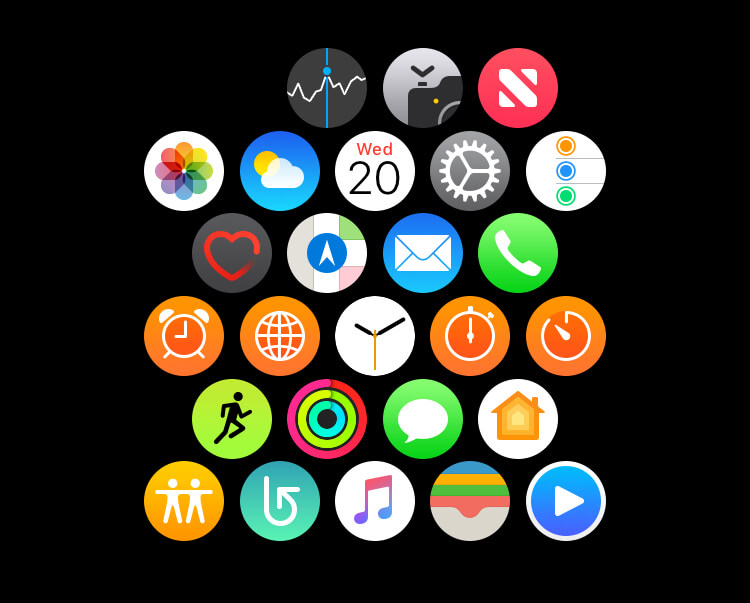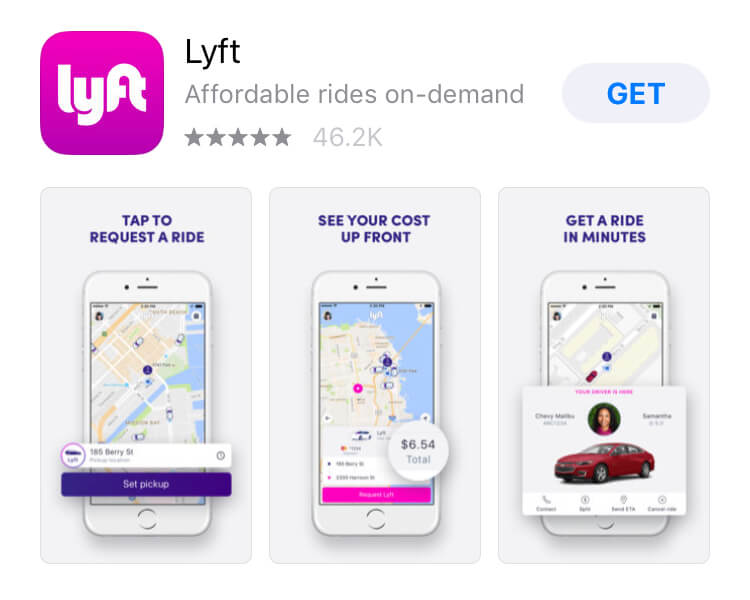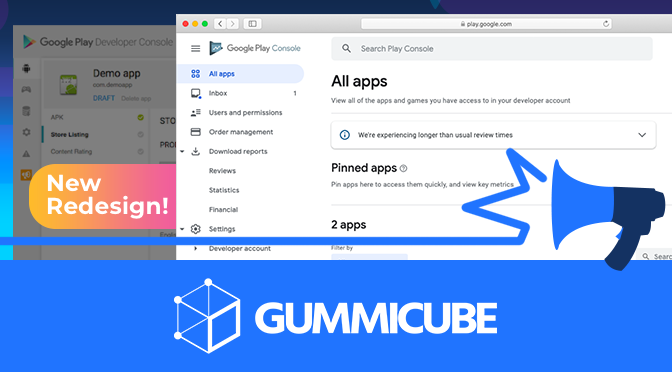
App Store Holiday Schedule 2020
Posted on November 23rd, 2020
When is the App Store Holiday Schedule 2020? Learn about the dates of this year's shutdown and how to prepare.

2017 was a huge year for app developers, and companies, publishers and more have realized that mobile apps are more than a novelty: they’re a necessity. The number of mobile apps on the App Store and Google Play Store exploded past 2 million combined in 2017. Along with the number of mobile apps increasing, according to Statista, the number of free mobile downloads is supposed to surpass 253 billion at the end of 2017. The mobile apps market is thriving, and if 2017 has been any indicator, 2018 will be just as big, perhaps even bigger. While 2017 was finally the year that developers realized ASO is no longer a hidden gem but instead a necessary tool, they also noticed specific trends such as augmented reality, wearable apps and others. Here’s a list of some mobile app trends to out for in 2018: 1. Augmented Reality (AR) Apps – Another Element to Life While Pokémon Go was the big AR app for 2016, it’s popularity carried over into 2017, and made way for more app developers to integrate the technology into their apps. AR technology has been introduced to tons of apps, including shopping apps like Amazon and Ikea. Even children’s apps have begun integrating the technology into their apps to allow kids to draw, play or even create 3D models.  As we move into 2018, we’ll see more developers such as ones in real estate, healthcare and more hop on the AR bandwagon. These developers have already started integrating the technology into their apps in 2017, but it’s likely to become more rampant in 2018.
As we move into 2018, we’ll see more developers such as ones in real estate, healthcare and more hop on the AR bandwagon. These developers have already started integrating the technology into their apps in 2017, but it’s likely to become more rampant in 2018.
Companies like Apple and Fitbit released more wearable devices in 2017, leading to the development of more wearable apps. Now, there are apps compatible with Fitbit devices, and apps get added daily to the Apple Watch App Store. Some of the industries that have taken advantage of wearable apps, and will continue to do so moving into 2018, are:
 3. On-Demand Apps – Instant Access to the World Craved a pizza but didn’t feel like driving? This need for pizza, or the laziness to go out and get it, is one of the key reasons why on-demand apps have gained popularity in 2017. On-demand apps have simplified life for many and made things more convenient. From being able to instantly get your dinner to having a ride just waiting for you, on-demand apps have given users the ability to do whatever they want, whenever they want. In 2018, the popularity for on-demand apps is expected to continue growing and even expand past the food and ride share industries.
3. On-Demand Apps – Instant Access to the World Craved a pizza but didn’t feel like driving? This need for pizza, or the laziness to go out and get it, is one of the key reasons why on-demand apps have gained popularity in 2017. On-demand apps have simplified life for many and made things more convenient. From being able to instantly get your dinner to having a ride just waiting for you, on-demand apps have given users the ability to do whatever they want, whenever they want. In 2018, the popularity for on-demand apps is expected to continue growing and even expand past the food and ride share industries.  4. Android Instant Apps – Explore Apps without Installing Back in May 2017, Google announced Android Instant Apps. This feature gives users an opportunity to instantly use an app without having to install. Not having to go through the trouble of installing and downloading allows users to essentially test run an app while saving space on their device. In 2018, developers are likely to continue offering their apps as an Instant App so users can get a feel for their app without taking the plunge and installing.
4. Android Instant Apps – Explore Apps without Installing Back in May 2017, Google announced Android Instant Apps. This feature gives users an opportunity to instantly use an app without having to install. Not having to go through the trouble of installing and downloading allows users to essentially test run an app while saving space on their device. In 2018, developers are likely to continue offering their apps as an Instant App so users can get a feel for their app without taking the plunge and installing.  5. Shopping Apps – Targeting & Acquiring Users Shopping and retail apps are on the rise, and 2018 will be their year to shine. Since more retail apps are integrating trends like AR, they’re also realizing that the market is booming. Along with integrating AR, retail apps are using their users’ location to target them with special push notifications and emails while they’re in the store. This helps target users more and entice them to spend more money. As we move into 2018, retailers will need to put their audience first when developing and marketing their mobile apps. They’ll need to make sure that their product page looks similar to a store window and displays enticing products.
5. Shopping Apps – Targeting & Acquiring Users Shopping and retail apps are on the rise, and 2018 will be their year to shine. Since more retail apps are integrating trends like AR, they’re also realizing that the market is booming. Along with integrating AR, retail apps are using their users’ location to target them with special push notifications and emails while they’re in the store. This helps target users more and entice them to spend more money. As we move into 2018, retailers will need to put their audience first when developing and marketing their mobile apps. They’ll need to make sure that their product page looks similar to a store window and displays enticing products.
While these aren’t al the possible mobile app trends for 2018, this list gives developers something to look forward to in the new year. Mobile apps are here to stay, and developers need to make sure that they’re staying up-to-date on the trends that may or may not happen.

When is the App Store Holiday Schedule 2020? Learn about the dates of this year's shutdown and how to prepare.

Apple's App Store Guidelines have strict privacy requirements. Developers now must provide information to users on the App Store listing regarding the data they access.

The Google Play Developer Console has been updated with a new design and adjusted tools. What's different, and how will it impact App Store Optimization?